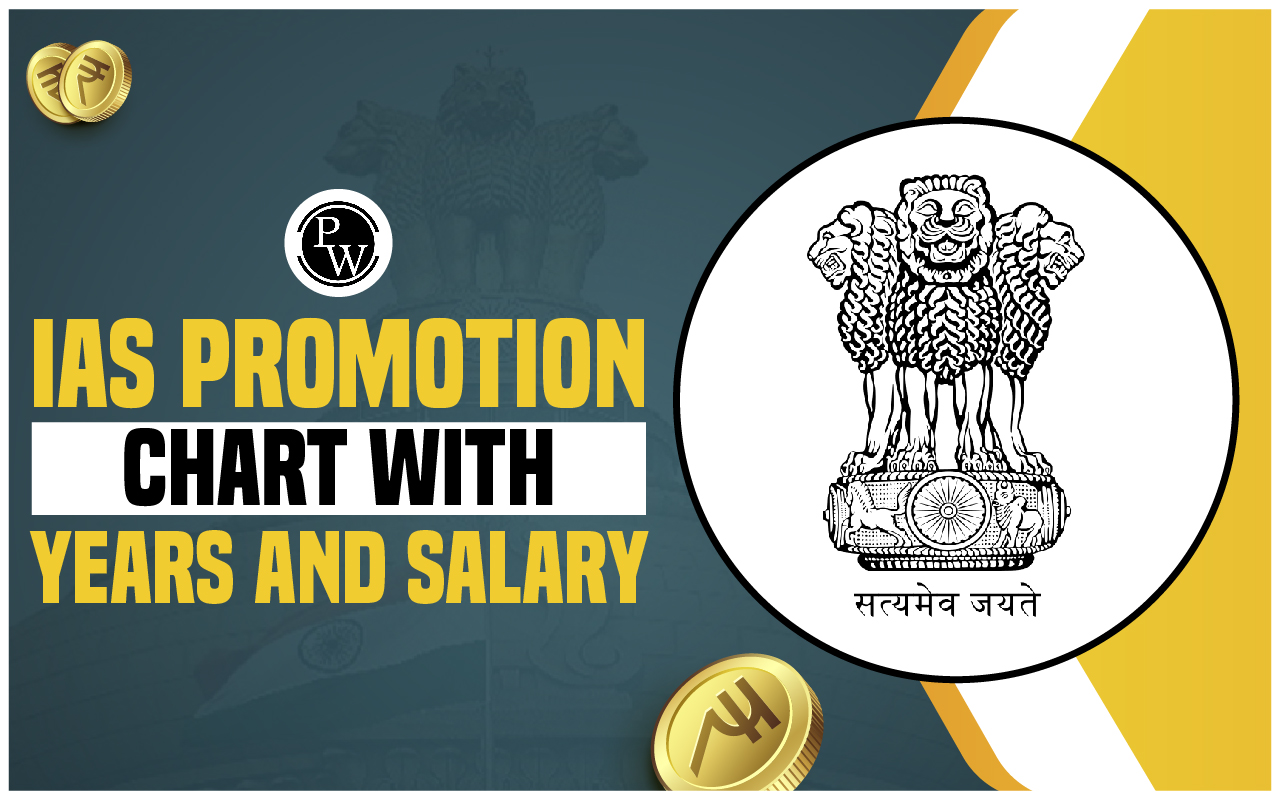
BASIC Countries are an extremely important group of nations that play a crucial role in global climate change negotiations. This influential coalition represents the shared interests and development priorities of some of the world's largest emerging economies.
Formed to amplify the voice of developing nations in international forums, the BASIC group has consistently advocated for a fair and equitable approach to combating climate change, especially in discussions held under the United Nations Framework Convention on Climate Change (UNFCCC).
What are BASIC Countries?
The term BASIC is an acronym for a grouping of four large, newly industrialized developing nations: Brazil, South Africa, India, and China.
This bloc was formally created by an agreement signed on November 28, 2009. The four nations decided to act jointly and speak with a united voice during the 15th Conference of Parties (COP 15) of the UNFCCC, which resulted in the Copenhagen Accord.
|
BASIC Countries List |
||
|
Country |
Region |
Acronym Component |
|
Brazil |
South America |
BA |
|
South Africa |
Africa |
S |
|
India |
South Asia |
I |
|
China |
East Asia |
C |
Significance and Objectives of the BASIC Grouping
The formation of the BASIC Countries grouping was driven by a need for developing nations to counter pressure from developed countries regarding emission reduction targets.
-
A United Voice for Emerging Economies: BASIC provides a platform for these four nations, which collectively account for nearly 40% of the world's population and a substantial portion of global greenhouse gas emissions, to negotiate with greater strength.
-
Balancing Development and Climate Action: A core objective is to ensure that global climate agreements do not hinder the essential social and economic development needs and poverty eradication efforts within their countries.
-
Promoting South-South Cooperation: The alliance strengthens cooperation among developing countries, allowing them to share best practices and support each other in formulating domestic climate policies.
BASIC Countries and the Principle of CBDR-RC
A cornerstone of the BASIC group's negotiating position is the demand to uphold the principle of Common but Differentiated Responsibilities and Respective Capabilities (CBDR-RC).
-
Common Responsibility: All nations must work to combat climate change.
-
Differentiated Responsibility: Developed nations must bear a greater burden because they are historically responsible for the majority of accumulated greenhouse gas emissions that led to the current climate crisis.
-
Key Demands: The BASIC countries consistently urge developed nations to honor their commitments by providing climate finance (the earlier target was $100 billion per year) and facilitating the transfer of technology to help developing countries mitigate and adapt to climate change effectively.
Role in Key Climate Agreements
The BASIC Countries have been pivotal in shaping major international climate discussions since their inception.
-
Copenhagen Accord (2009): The group played a central role in brokering the final Copenhagen Accord alongside the United States during the COP 15 summit.
-
Paris Agreement (2015): The bloc remains committed to the full and effective implementation of the Paris Agreement, emphasizing climate justice and demanding clear roadmaps for financial pledges from developed countries.
Challenges and Future Outlook
While unified in their overall stance, the group faces internal diversity. Each member has unique national circumstances and priorities such as Brazil’s focus on the Amazon rainforest and China’s unique energy transition challenges which can complicate coordinated climate action.
Despite these challenges, the BASIC alliance continues to be a critical power broker, ensuring that the voice of emerging economies is prominent in global discussions on climate finance and equitable responsibility
BASIC Countries FAQs
What is the full form of BASIC Countries?
When were the BASIC Countries formed?
What is the main objective of the BASIC Group?
What is the CBDR-RC principle?










